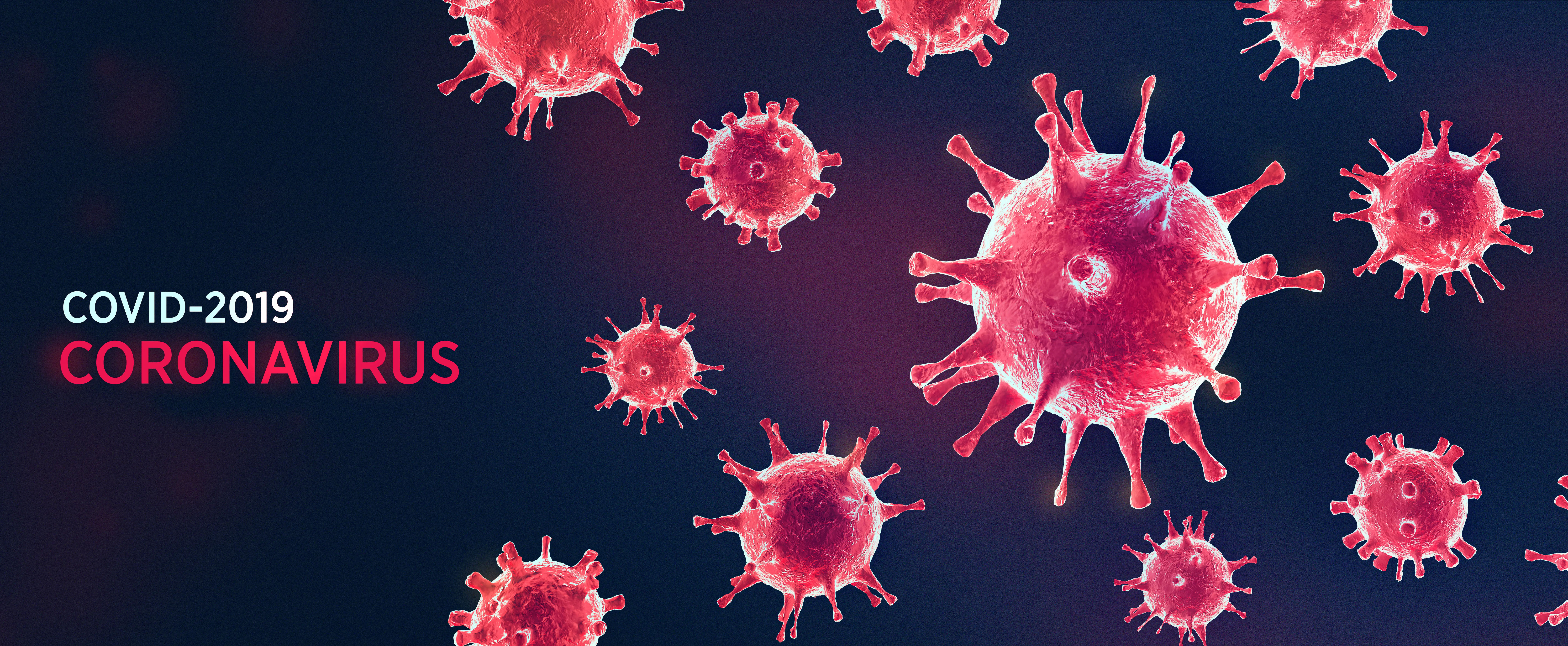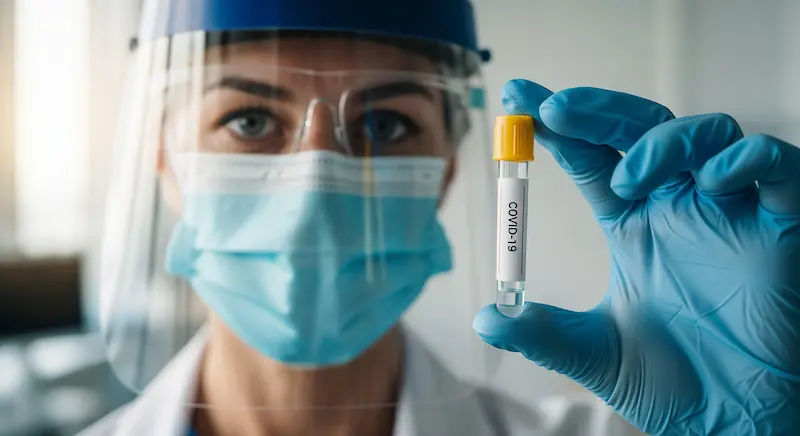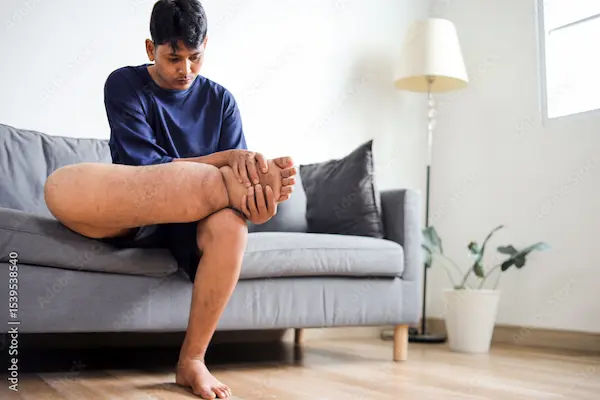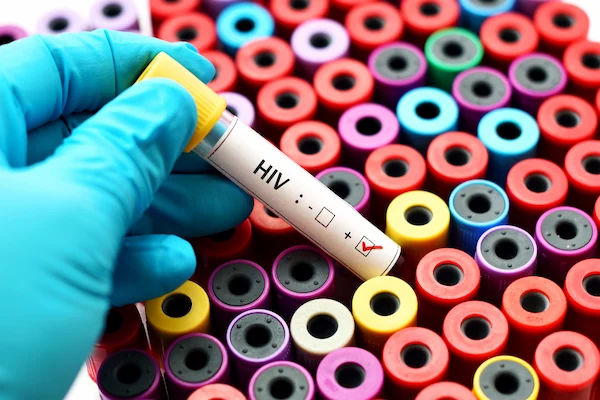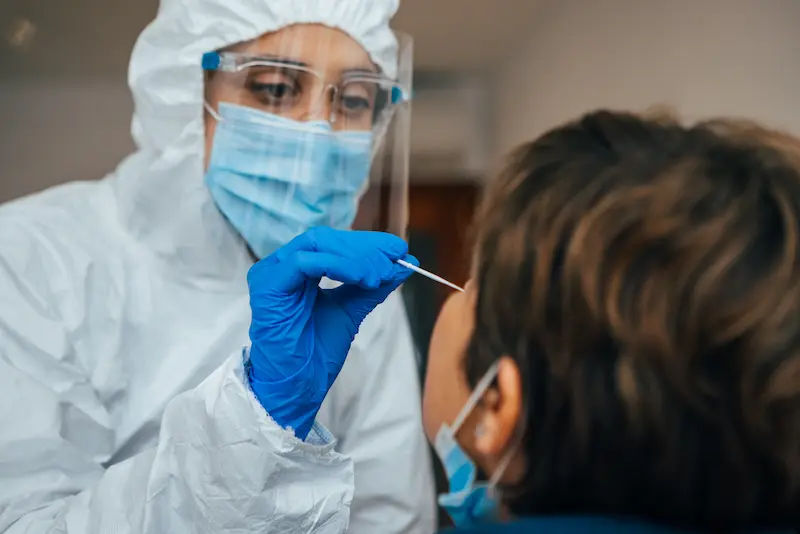- male
- 45 Years
- 14/08/2025
How soon after a covid infection do black fungus symptoms usually appear? Can early detection of black fungus be treated without needing surgery?
Answered by 1 Apollo Doctors
Black fungus, or mucormycosis, can appear within days to weeks after a COVID-19 infection, particularly in individuals with weakened immune systems or those treated with corticosteroids. While early detection is crucial, not all cases can be treated without surgery, especially if the infection is advanced or involves vital structures like the eyes or brain
Dr. Kamran Suggests...
Consult a Infectious Disease specialist
Answered 14/08/2025
0
0

More Infectious Disease Health Queries
View allI'm currently on ATT DOTS treatment and it's been about 3 months now. Earlier today, I got a rusty cut on my wrist and I'm really considering getting a Tetanus shot. I'm just not sure if it's safe to take the Tetanus injection while I'm on these ATT meds. I did have a Tetanus shot last year. What do you think?
you can, but inform your tetanus doctor that your taking ATT
Answered by 1 Apollo Doctors
I got bitten by a female monkey on my left hand's ring finger, and it's been bleeding and has a small wound. I washed it with antiseptic and tincture Iodine, but now the finger is a bit swollen and stiff. I had a tetanus shot back in November 2016. Should I be worried about this, and what should I do next?
Get a Tetanus shot and complete Anti Rabies treatment as soon as possible
Answered by 1 Apollo Doctors
I'm really worried about my uncle who's 56 and has been dealing with tubercular infection in his lymph nodes. Hes already been on anti-tubercular medication for 19 months, but it hasn't improved his condition at all. I'm wondering if there are any top doctors or hospitals in India, especially around Delhi, that you could recommend for this situation. Is surgery something we should be considering as our next step?
consult pulmonologist thoracic surgeon for the same
Answered by 1 Apollo Doctors
Disclaimer: Answers on Apollo 247 are not intended to replace your doctor advice. Always seek help of a professional doctor in case of an medical emergency or ailment.

